There are several reasons why my autistic kid has poor social skills. A lack of…
Charades And Pictionary Can Teach An Autistic Child To Communicate
Ayub, as with many people on the spectrum, is a very literal person. He has trouble understanding jokes, sarcasm, and any form of “reading between the lines.”
During his weekly speech therapy, he plays a lot of games that require a lot of speech. Teaching him how to structure sentences, tell stories, ask and reply to questions, without it being a boring lesson in grammar and English.
One of the games he played (I can’t remember the exact name of the board game) required a person to either act out a word without speaking (i.e. charades) or to draw a picture describing the word without speaking (i.e. pictionary). The purpose of this was to help teach Ayub how to “infer”.
infer – to deduce or conclude (information) from evidence and reasoning rather than from explicit statements
This is something he has always struggled with. It’s the next level of his speech therapy, now that he has a better understanding and mastery of language.
The first time Ayub played this game, he had a meltdown.
Pictionary – drawing out a word
He received the word “queen” to draw so that the other players could guess. Ayub freaked out. He just couldn’t figure out how to draw “queen”. His therapist tried to guide him. Giving him prompts like drawing a face, something on her head to make her look like royalty (a crown) and so forth. He couldn’t do it.
Why?
Because he is so literal that he thought he had to draw an actual living human queen. And he felt that he didn’t have the artistic ability to do so. Sweet baby.
Charades – acting out a word
Ayub was also unable to act out words. Nor was he able to guess what the others were trying to act out. Now these words are simple: elephant, basketball. Nouns. Not verbs or emotions or long sentences. Simple nouns. Things. He couldn’t do it. He cried trying because he couldn’t understand the game. Ayub said it was “too hard.”
Lots of comforting and prompting and giving clues on how to act out things.
A week later he played the game again. And he got it. Kinda. At least he was very happy and excited to play.
He received the word “moustache” to draw. He drew what looked like two bananas, or two legs. Over and over again he drew the same thing. His therapist prompted him to draw the “bigger picture” to add the things that are around the object.
So Ayub drew an oval. Then he drew eyes, a nose, and the two bananas underneath. A moustache.
What does this mean? Why is this important?
Ayub is a literal person. He believes that people will understand what he says when he says it, without giving them context. We’re working on helping him understand the importance of context, building it, explaining it to others, so that they understand what he’s trying to communicate with them.
Such a simple thing. We take it for granted that people know how to do these things innately. Not everyone does.
Hopefully, once Ayub gets the hang of context and inference, he’ll be able to better communicate with others. <3
Our family homework is to play charades and pictionary.
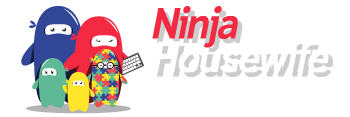








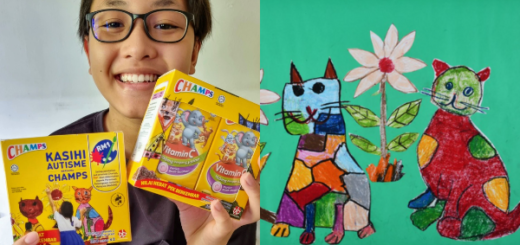

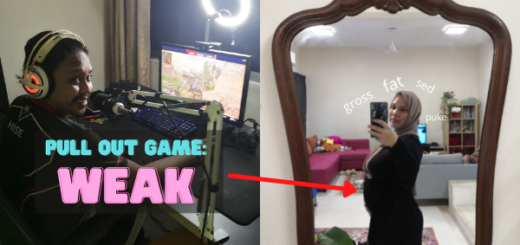
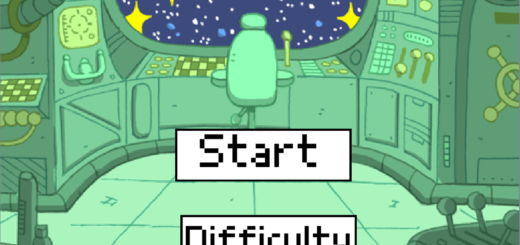
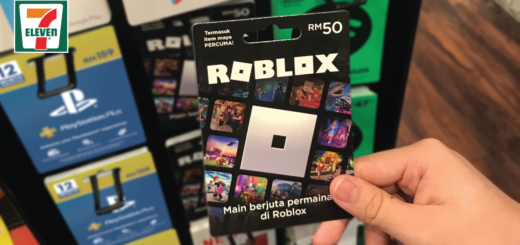



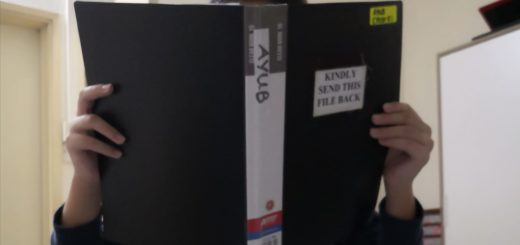

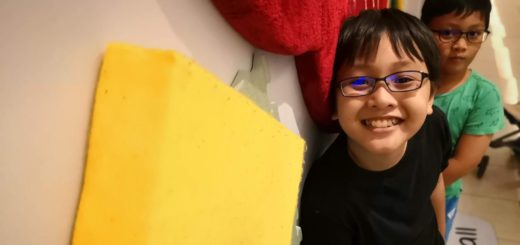

Facebook Comments